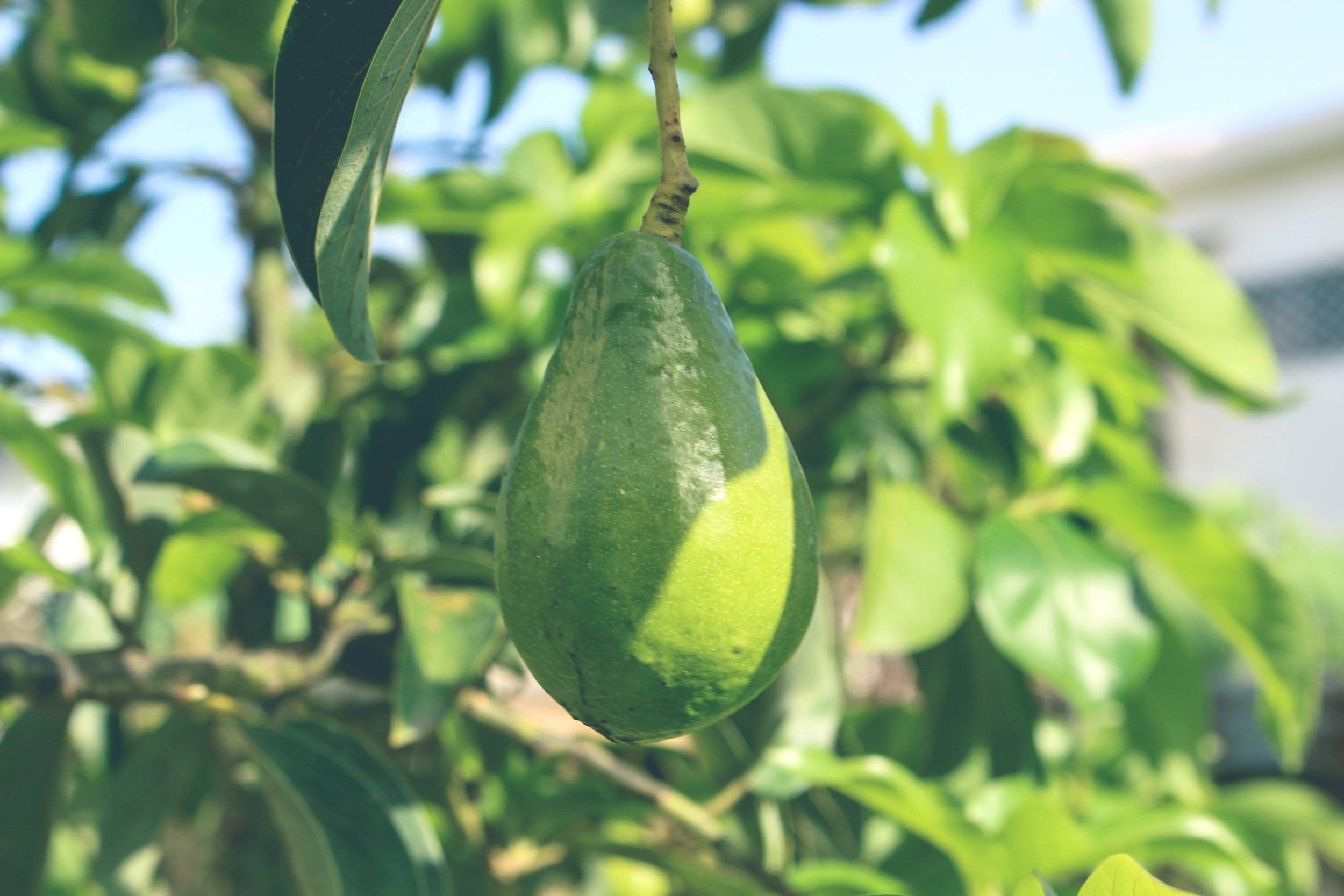
Transition Intelligence - Avocado Production
Challenge
On the slopes of Mount Etna, near Catania in Sicily, an innovative avocado plantation faces rising uncertainty due to climate change. Over the past decade, shifting climatic patterns—marked by changes in precipitation and an increase in extreme weather events—have significantly impacted agricultural production in the region. These developments pose new risks and challenges for local farms, particularly those cultivating water-sensitive crops like avocados.
Approach
To assess the potential impacts of climate change on this avocado plantation, we employed a comprehensive approach, combining multiple assessment tools. This included satellite imagery, regional climate models, downscaling techniques, local data surveys, and interviews with farmers. By integrating both bottom-up and top-down methodologies, we were able to produce a robust and nuanced analysis of the anticipated climate-related impacts on the farm.
Insights
Avocados, known for their sensitivity to climate change, particularly in terms of water availability and vulnerability to storms and hail, face a mixed outlook depending on future climate scenarios:
Sustainable Development (SD): More suitable growing conditions could enhance tree productivity, though extreme weather events still pose significant risks.
Middle-of-the-Road (MOTR): A balance of gains and risks, with moderate improvements in growing conditions tempered by the threat of increasingly severe weather.
Business-as-Usual (BAU): High productivity potential overshadowed by heightened risks of extreme weather events that could severely impact harvests.
Our analysis also considered transition risks—those related to market, regulatory, and behavioral changes. The farm is well-prepared for these, thanks to its established environmentally friendly practices and the farmer's commitment to sustainable agriculture. The farm is likely to benefit from future carbon pricing, stricter environmental regulations, and increasing consumer demand for organic and climate-friendly products. Additionally, the upcoming CAP reforms, which favor sustainable and organic agriculture, are expected to further support the farm's financial viability.
Recommended Actions
To enhance the farm's resilience and financial attractiveness, especially under a low-emission future, we recommend the implementation of additional mitigation strategies. Key measures include:
Agroforestry Practices: Integrating additional trees into the agricultural system to provide windbreaks, improve soil health, and enhance biodiversity.
Drip Irrigation: Optimizing water use efficiency to counteract decreasing water availability.
Intercropping: Diversifying crops to reduce risk and improve overall farm resilience.
By adopting these practices, the farm can better navigate the challenges posed by climate change while capitalizing on emerging opportunities in sustainable agriculture.
